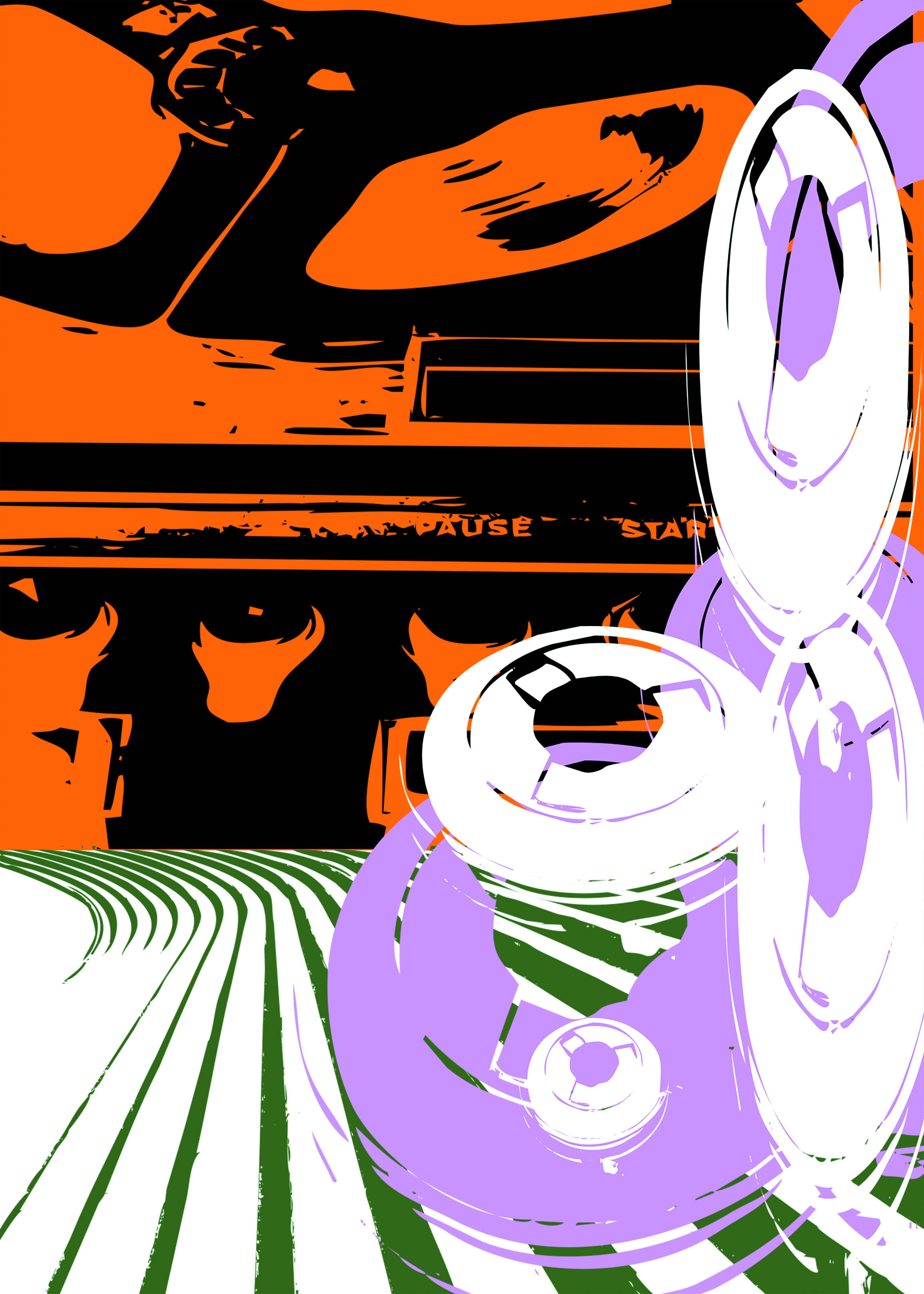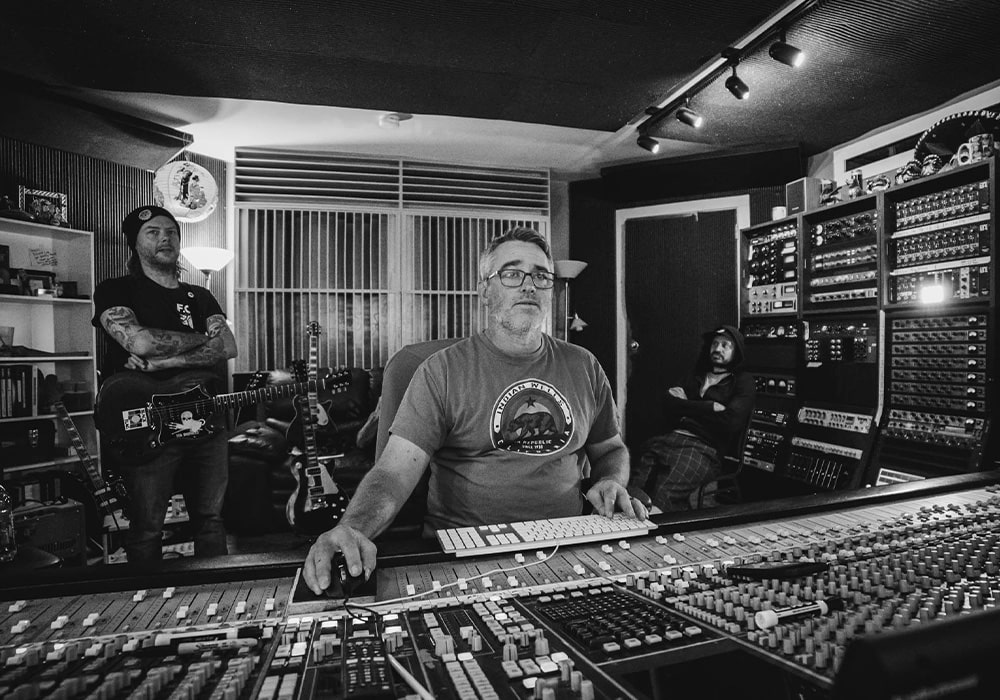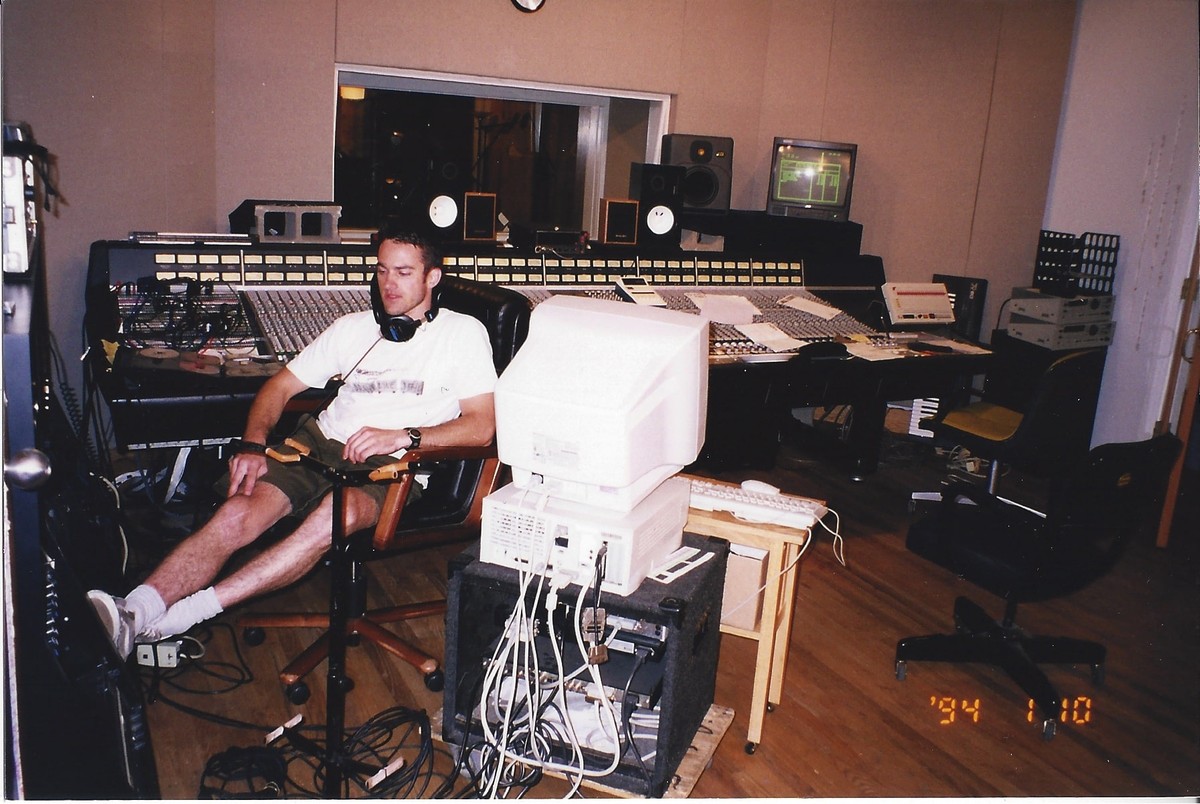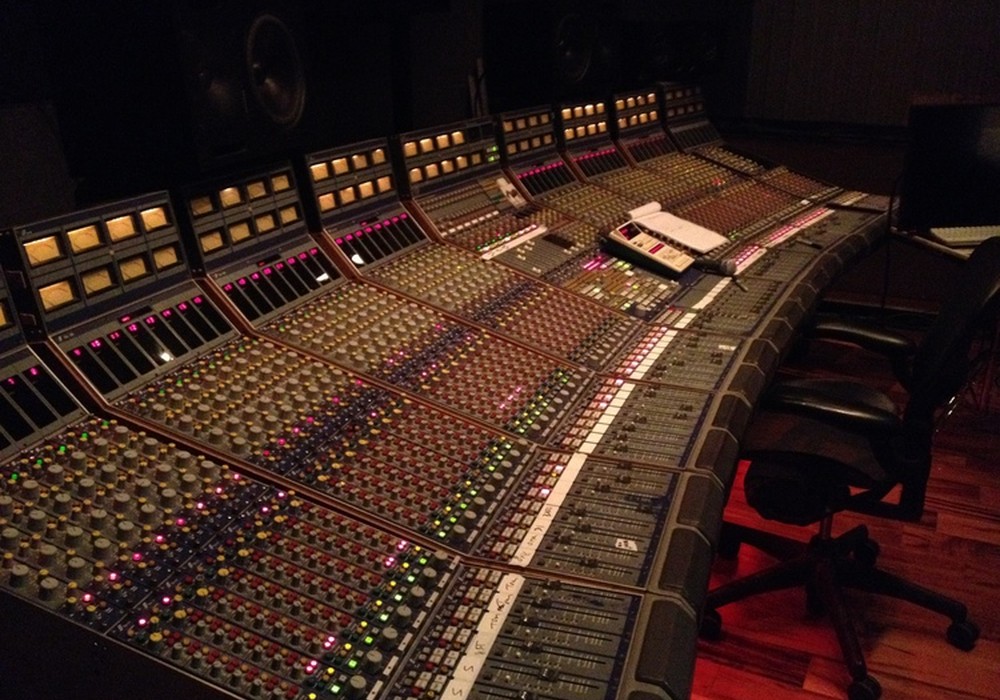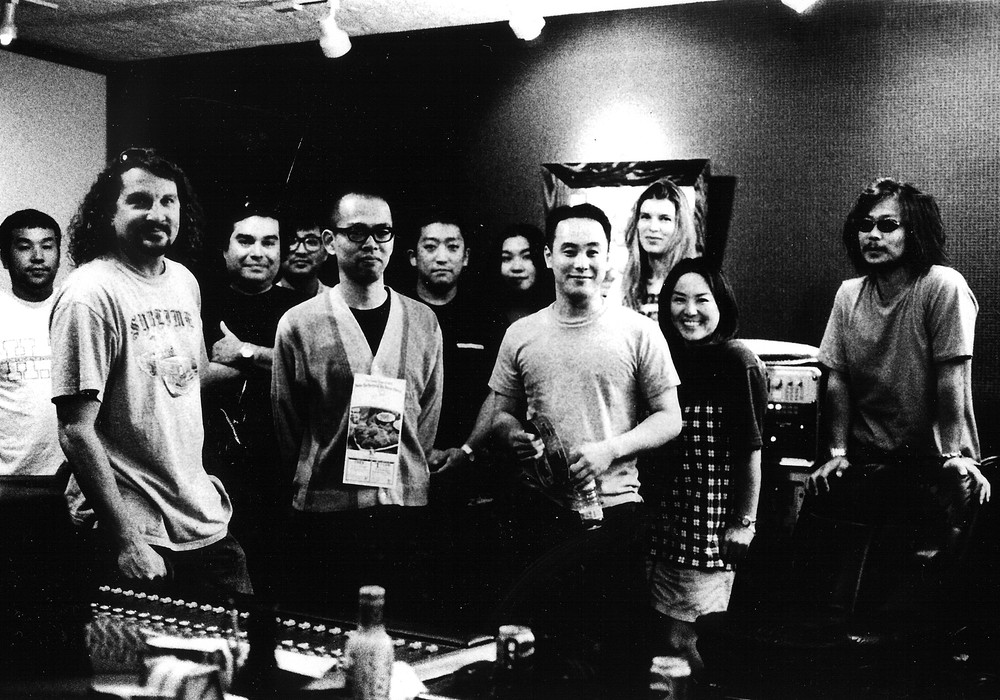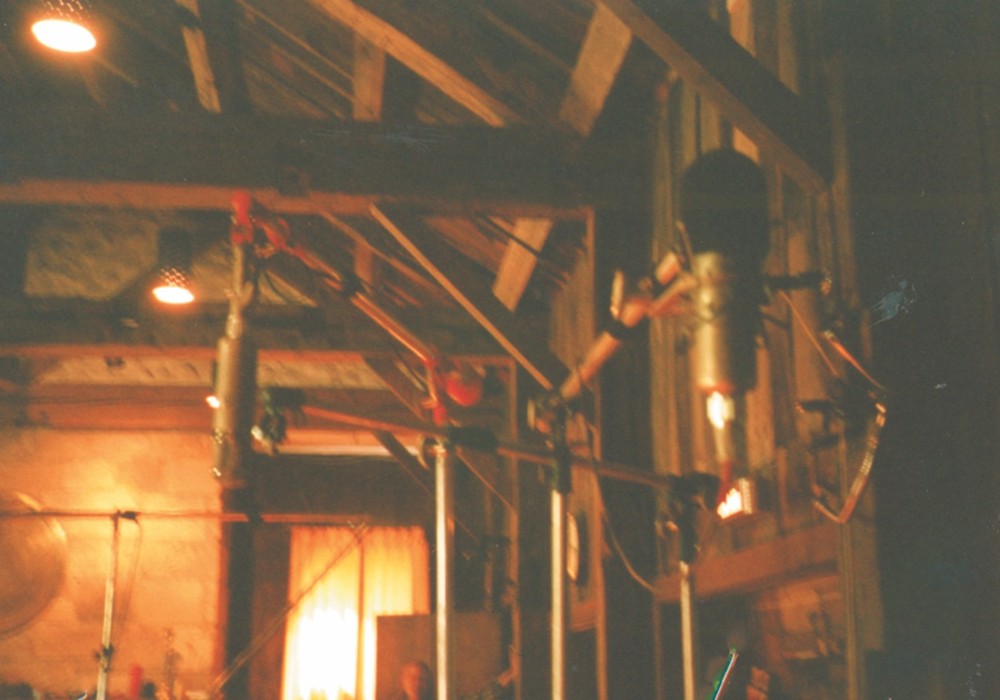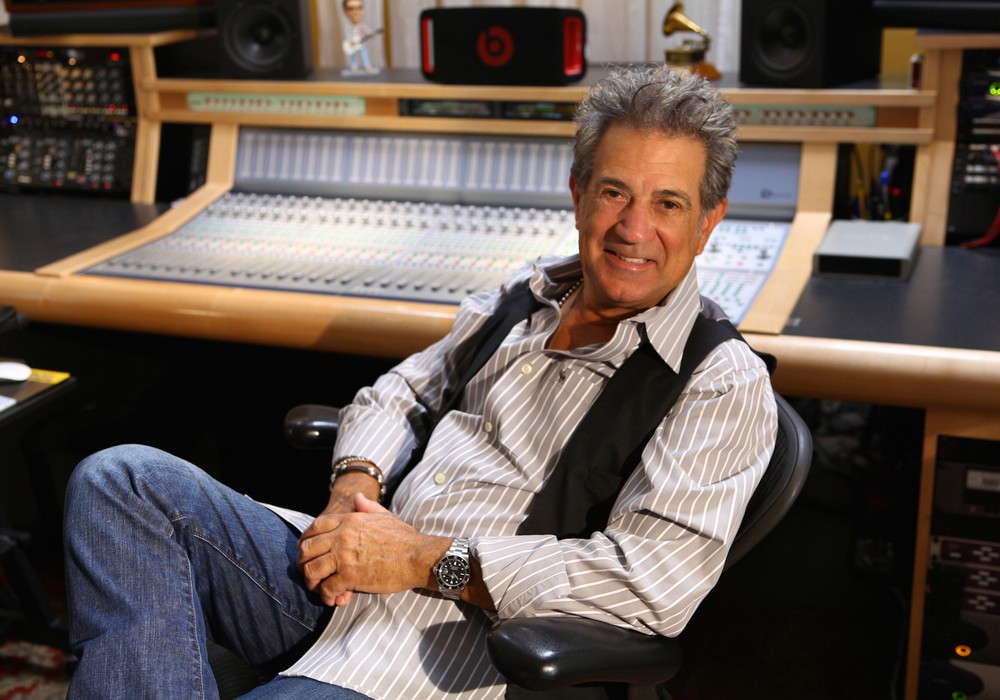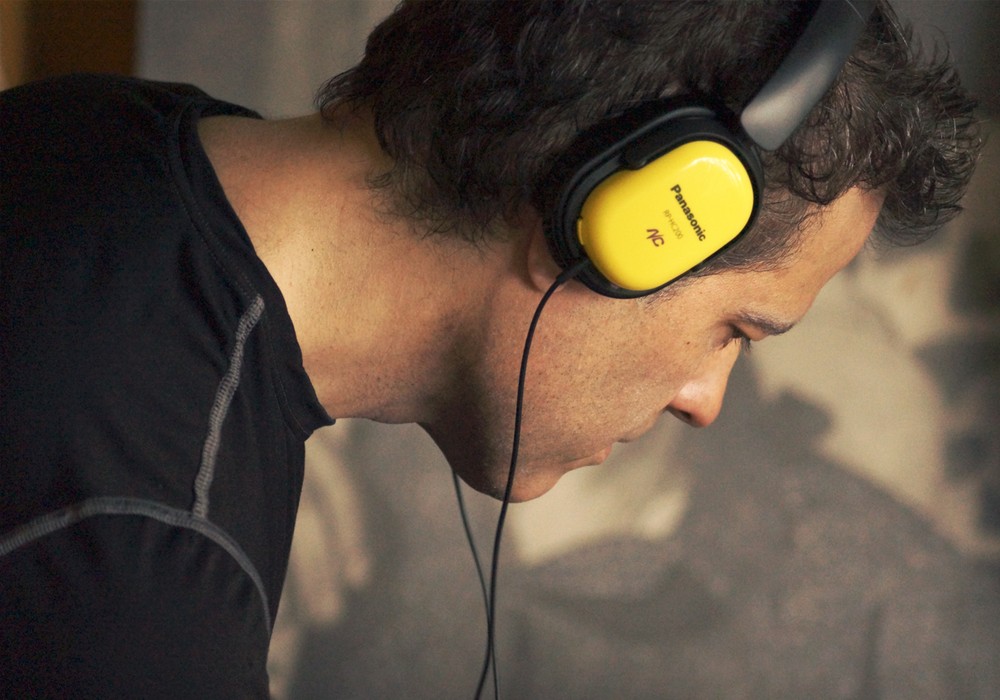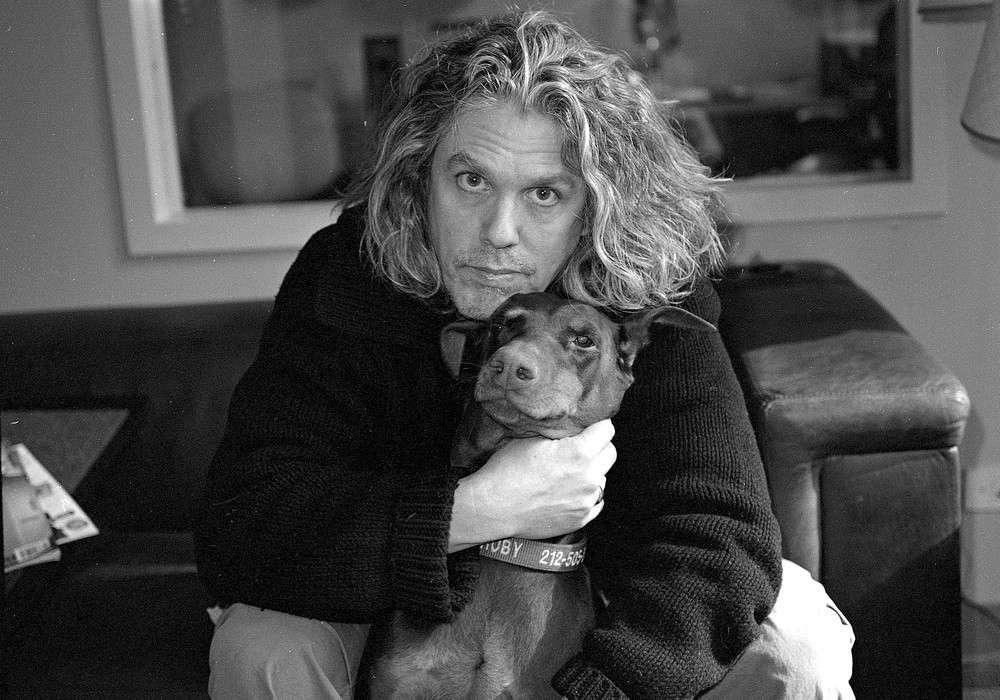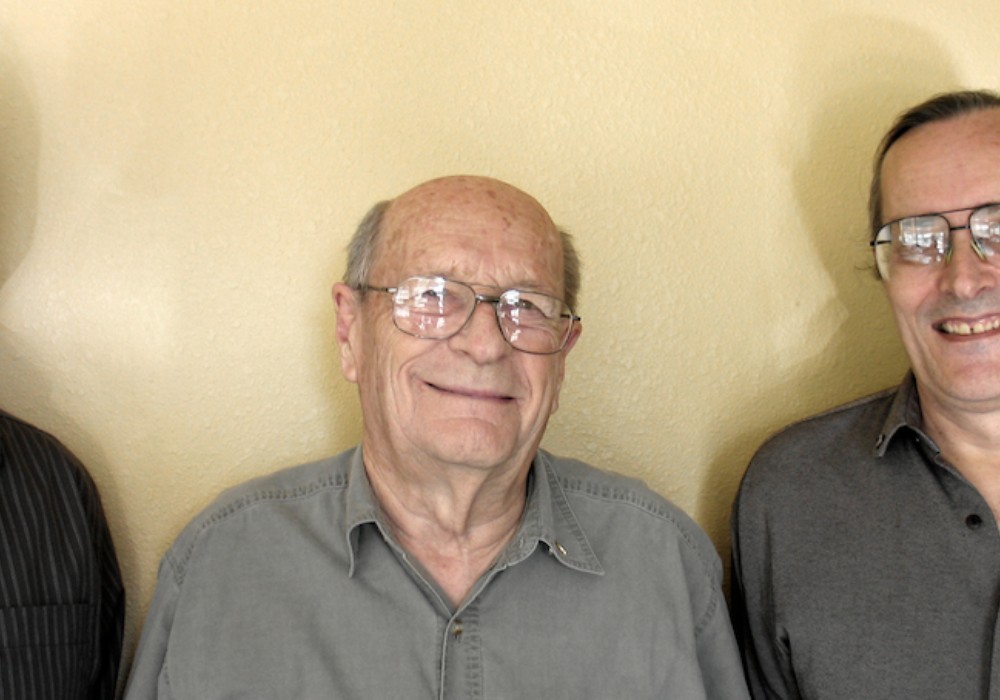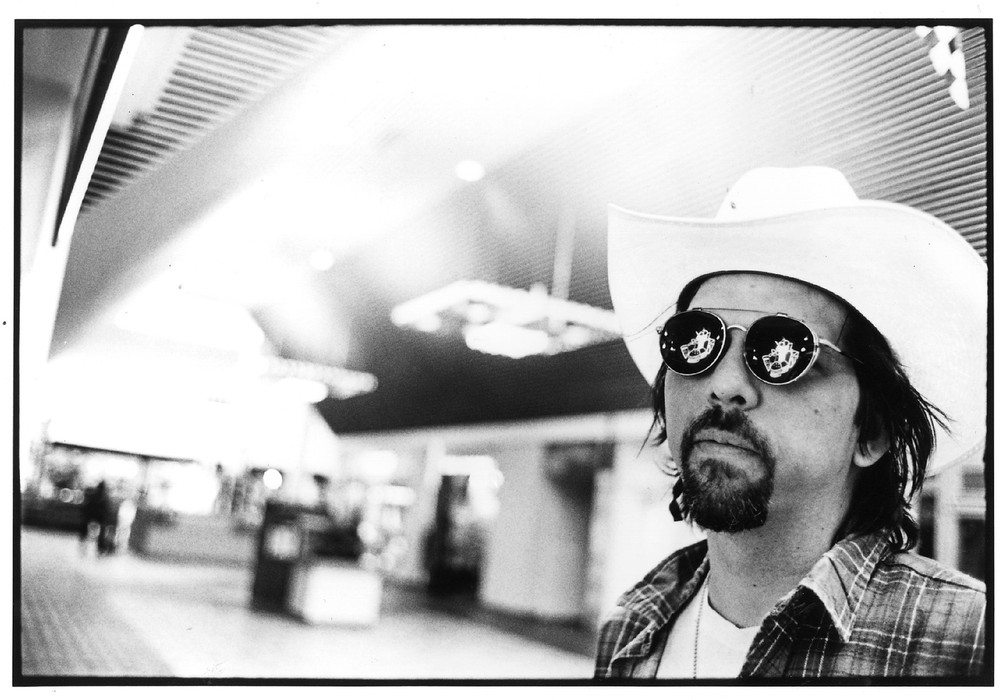The Blasting Room, a studio in Fort Collins, Colorado, has been in operation for 30 years. What began as a home base/practice room/band studio for the groups Descendents and All quickly became a busy recording spot, luring musicians from across the globe. Jason Livermore was there from the beginning, and now co-owns the business with Bill Stevenson (drummer for the bands above) and has engineered, produced, mixed, and mastered thousands of releases, including punk favorites such as Propagandhi, The Life and Times, Hot Water Music, NOFX, and Rise Against.
We interviewed Stephen [Egerton, Tape Op #12] in 1999, which certainly touched on The Blasting Room. Your studio began before Tape Op.
Yeah. We started in ‘94.
I’d always hear through the grapevine what was up with the studio's co-owner, Bill Stevenson [All, Descendents, Black Flag]. How did you become a part of it?
I was living in Seattle, [Washington], and playing in a band. The guy who was managing the band that I was in was also managing All. He got those guys a deal on Interscope [Records]. Stephen and Bill had done a lot of their own records, as well as other groups. They did that instead of going to the studio and spending… I don’t know how much money they used to get back in the ‘90s. A lot!
On a major label.
Yeah. So, they were like, "We’re going to open our own studio." They were living in Missouri at the time, because they were on tour nine months out of the year, and it was cheap to live out there. That’s why they moved there from L.A. But they decided it was too small, and picked Fort Collins, [Colorado], to move to. Our band's manager said, "Hey, I’m moving out to Fort Collins. You want to come with me?" I was selling beer for Miller brands up in Seattle at the time.
Were you a beer rep?
A beer salesman, yeah. I had met Bill and Stephen a handful of times beforehand. They had come up and recorded [the Seattle band] Zeke, and they stayed at my house because of our manager connection. I was 23, playing in my band, and I thought, "I don’t think I can do this job for the rest of my life! I’m going to go out there and try it." I moved out here and became the first intern. I had been in a studio a few times, in Tacoma, [Washington], and that lit a fire under my ass. I had bought a 4-track, recorded my band in the basement, and then got an 8-track reel-to-reel from Rob Skinner from the band Coffin Break. When I moved out there, we had an Otari MTR-90, which we still have, a Mackie [console], plus Focusrite ISA 215 and 4-channel Red 1 mic preamps. Super limited! I just soaked it up. I lived on the couch for a month before I found a place to live. I started going on tours with those guys, doing monitors and drum tech'ing.
What was the growth of the studio like?
A very slow but natural trajectory. When it started, it wasn’t supposed to really be a commercial studio at all. It was supposed to be for the band to make their albums and practice. As soon as it got built, lots of bands called up, "You have a studio now? Cool!" So, we started recording. For the first three or four years, Descendents would go on tour, I would go with them, and the studio was shut down while we were on tour. When we started getting busy, Bill said, "You should stay home and work at the studio." I became the house guy around 2002. Then All and Descendents took a break, and Bill and I became studio rats. One time I worked 90 days in a row for 12 hours a day. No breaks. Our calendar used to be 12 bands a year. Each band would come in for 20 to 25 days, back-to-back, for five years. It was nutso in the mid-2000s.
Oh, my god!
We slowed down a little bit, 2010-ish, when streaming took over, budgets went away, and people started doing singles and EPs instead of albums. Our business changed from back-to-back months of bands to "one guy’s going to come in for two days." We originally only had one room when we started, and then the band I was playing in built a practice room with pay from our record in ‘97. Then we turned that into our Studio B. All this shit is super DIY. The more we get on, each person we hire is...
